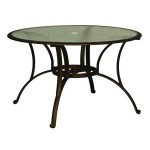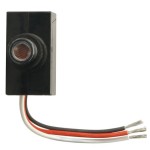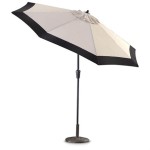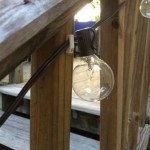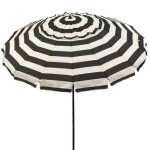ATOMIC CLOCK WITH OUTDOOR TEMPERATURE
Atomic clocks are the most accurate timekeeping devices in the world. They are used in a wide variety of applications, including navigation, telecommunications, and scientific research. Atomic clocks are so accurate that they can keep time to within a few nanoseconds per day. This makes them ideal for applications where precise timekeeping is essential.
One of the most common uses for atomic clocks is in navigation. Atomic clocks are used in GPS (Global Positioning System) satellites to provide precise timing information. This information is used by GPS receivers to calculate their position and speed. Atomic clocks are also used in other navigation systems, such as inertial navigation systems and radar systems.
Atomic clocks are also used in telecommunications. They are used to synchronize the timing of telecommunications networks. This ensures that data is transmitted and received at the correct time. Atomic clocks are also used in other telecommunications applications, such as satellite communications and microwave communications.
In scientific research, atomic clocks are used to measure the fundamental properties of the universe. They are used to study the expansion of the universe, the motion of the Earth, and the properties of black holes. Atomic clocks are also used in other scientific research applications, such as quantum mechanics and particle physics.
Atomic clocks are complex devices that require a great deal of precision in their construction. They are typically made from a variety of materials, including quartz, sapphire, and cesium. The quartz is used to create the crystal oscillator, which is the heart of the atomic clock. The sapphire is used to make the cavity in which the cesium atoms are stored. The cesium atoms are used to create the atomic resonance that is used to measure time.
Atomic clocks are a vital part of our modern world. They are used in a wide variety of applications, from navigation to telecommunications to scientific research. Atomic clocks are so accurate that they can keep time to within a few nanoseconds per day, making them the most precise timekeeping devices in the world.
In addition to their use in navigation, telecommunications, and scientific research, atomic clocks are also used in a variety of other applications, including:
- Timekeeping for financial transactions
- Synchronization of power grids
- Calibration of other timekeeping devices
- Testing of theories of physics
Atomic clocks are a remarkable example of human ingenuity. They are a testament to our ability to understand and harness the fundamental forces of nature. Atomic clocks are a vital part of our modern world, and they will continue to play an important role in our future.

La Crosse Technology Extra Large Atomic Digital Clock With Outdoor Temperature And Humidity 513 63867 Int Walmart Com

La Crosse Technology Atomic Digital Wall Clock With Indoor Outdoor Temperature Bbb86088 The Home

Atomic Digital Wall Clock With Wireless Outdoor Sensor Indoo Temperature And Price Made In Com

Atomic Clock With Indoor Outdoor Temperature Large Wall Battery Ebay

La Crosse Technology Atomic Digital Wall Clock With Indoor Outdoor Temperature Bbb86088 The Home

Lff Atomic Clock Digital Wall With Indoor Outdoor Temperature Date Time Alarm Wireless Sensor Jumbo Display Easy To Read Walmart Com

Atomic Desk Clock With Indoor Outdoor Temperature For Kitchen Bedroom Time And Price Made In Com

Oregon Scientific Store Rmr329p Atomic Projection Clock With Indoor Outdoor Temperature

Atomic Clock With Indoor Outdoor Temperature Large Wall Battery Ebay

La Crosse Technology Atomic Digital Wall Clock With Indoor Outdoor Temperature Bbb86088 The Home

